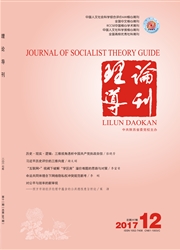

 中文摘要:
中文摘要:
公共安全理论关注的焦点经历了由传统安全向非传统安全的嬗变,当前我国频繁发生的各类群体性事件,尤其是重大群体性事件已成为非传统公共安全管理难以回避的现实课题。基于公共安全“风险一危机”的视角,分析相关群案例可以发现,重大群体性事件的一般演化过程包括潜伏阶段、酝酿阶段、激化阶段、全面爆发阶段和恢复阶段,并呈现直线链式、阶段反复式、并行式、循环式等多种演化路径,其中存在的各种动力和抑制因素成为我们构建重大群体性事件源头和过程阻断机制的关键环节。
 英文摘要:
英文摘要:
The theoretical paradigm of public security has witnessed a transformation from traditional security to non-traditional security. Nowadays, it is urgent for our non-traditional public safety management to respond to various types of mass incidents occurred frequently, especially the major mass incidents. Through our group case analysis in a risk-crisis perspective, we found the general evolution process of major mass incidents include the latent stage, the embryonic stage, the intensification stage, full-blown phase and recovery phase. Meanwhile, they show a variety of evolutionary paths such as linear chain, stage iterative, parallel and circulating paths. Variety of forces and suppression factors in the evolution thus become key nodes for us to build a blocking mechanism to the source and process of major mass events.
 同期刊论文项目
同期刊论文项目
 同项目期刊论文
同项目期刊论文
 期刊信息
期刊信息
